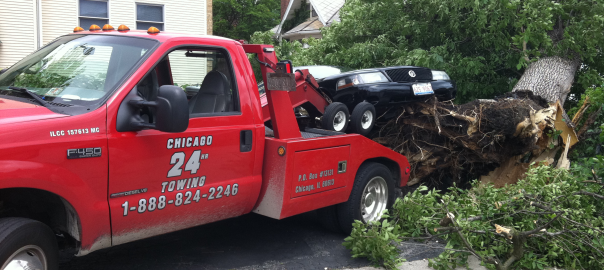There’s a ton of misinformation out there being hawked by scam towing companies and blogs alike. Here’s a list of the most common towing misconceptions.
Myth One : You can increase a vehicle’s towing capacity by upgrading its hitch.
Untrue. A trailer’s hitch does not cancel out the maximum capacity rating of your vehicle – however it does maximize it. You should never tow more weight than your hitch is rated for.
Myth Two: Tongue weight makes up ten percent of the towed weight.
Untrue. The safe amount of tongue weight is somewhere between ten to fifteen percent of the trailer’s weight – depending on a range of criteria, including the load distribution and the position of the trailer’s axles. Often too much of the load is placed at the trailer’s front – which puts way too much weight on the tongue. If a heavy tongue is a concern for you, make sure to install a rated weight distribution mechanism, which can allow for more towing weight on your vehicle. The tongue prevents the trailer from swaying fast – this sort of sway can also be canceled if you increase the tongue weight, or place sway control devices on the trailer hitch.
Myth Three: All towing extensions work on truck campers.
Untrue. Hitch extensions have to have the right capacity of tongue weight for your truck – shorter extensions can handle weight better than longer ones, as a general rule.
Myth Four: Adding suspension products can increase my vehicle’s payload capacity.
Untrue. Your vehicle’s maximum capacity ratings were assigned by it’s manufacturer – and cannot be changed. However, if you use a device that will pre-activate the truck’s leaf springs, you can improve the way in handles during towing – improving side swaying.
Myth Five: GVWR and GAWR are the same thing.
Untrue. GVWR stands for Gross Vehicle Weight Rating – meaning the maximum weight assigned to your vehicle/trailer including everything inside it, including people. This limit is made by the manufacturer, and should never be ignored or exceeded.
GAWR stands for Gross Axle Weight Rating, meaning the highest weight that can be applied to an individual axle. This rating is also made by the vehicle manufacturer, and shouldn’t ever be ignored or exceeded.
Staying within the weight capacity of your vehicle/trailer prevents wear on your trailer or brake system, tire blowouts, hitch failure, or accidental loss of control.
Myth Six: I can estimate the tongue weight.
Untrue. This often causes hitch failure. You need to ensure that the entire load’s weight is evenly placed across all the axles of the trailer – this can be done with a weight distribution system, or with professional assistance.
Myth Seven: There’s no need to provide care for trailer bearings.
Untrue. All trailer bearings require annual inspection, cleaning, and regreasing. Being outdoors can cause rust or environmental damage, which can lead to on-the-road trailer breakdown – which can be quite expensive. All bearings inside the trailer’s wheel mechanisms need maintenance and lubrication to prevent excess friction or extreme degradation on the trailer itself.

